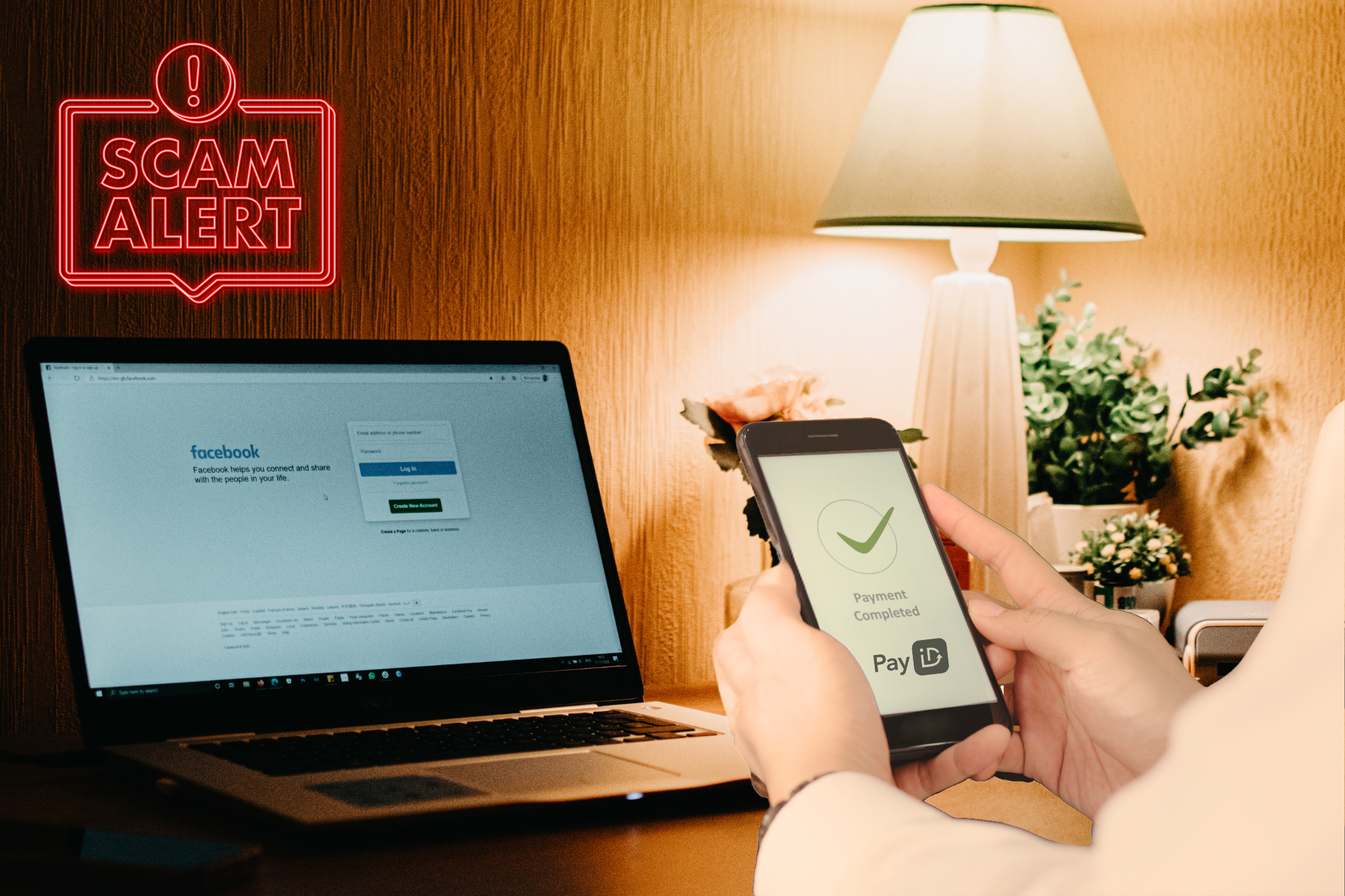Has your card surcharge been supercharged?
We are so used to paying for everything by debit or credit card these days, many of us barely give any thought to the little extra that is often tacked onto the purchase price. But you should take a closer look to avoid being needlessly stung by card surcharges.
Pay wise: How to keep card surcharges down
You might have heard that the Australian Government is preparing to ban debit card surcharges – those pesky percentages added to seemingly every electronic transaction.
Don’t get too excited. While the Reserve Bank of Australia (RBA) is reviewing card surcharges – which cost Australians anywhere between $1 billion and $4 billion a year – any change would not come into effect until 2026.
What is a PayID business account scam?
If you are one of the millions of Australians using PayID, you have probably chosen it because of a mixture of convenience and security. But you can be vulnerable to a PayID business account scam – whether you have a business account or not.
Beware the PayID scam marketplace
As the cost of living bites in homes across the country, many Australians are turning to Facebook Marketplace to raise a bit of extra cash. But be warned: it has also become the PayID scam marketplace.
Smart money: How to avoid PayID scams
Have you heard about PayID scams? Perhaps you or a friend have fallen foul of the electronic payment system?
More than 18 million Australians have signed up to use PayID since its launch six years ago. The attraction is simple: it’s easy to use, free, and money is transferred quickly – whether you’re paying or being paid. The unique identifier (the ID part) is linked to your bank account and you only need a mobile number or email (and an ABN or CBN if you’re a business) to send and receive money.
The Australian Banking Association maintains it’s one of the most important steps customers can take to prevent scams, but the mobile-friendly service hasn’t been immune to scammers. Even the tech-savvy younger generation - least likely to be caught in other financial scams - has been caught out.
Online platforms such as Facebook Marketplace and Gumtree are popular hunting grounds for PayID scams.
Bad numbers: What’s behind the record complaints against financial firms?
Are you unhappy with your bank? Still disputing a transaction on your account that you didn’t make? Or have your dealings with the buy now, pay later (BNPL) sector left you more than a little hot under the collar? You’re not
Card surcharges: Are you paying too much?
Ever wondered why your cup of coffee costs an extra 15 cents at one café and not another? Or when you go to pay for petrol with Visa or Mastercard, you're told it will cost another 1.5 percent? These added costs are known as card surcharges and while they might not account for much in one or two transactions, they certainly add up.
The Albanese Government is preparing to ban debit card surcharges - the amount a business charges to cover the cost of an electronic transaction – from 1 January 2026, pending a review by the Reserve Bank of Australia (RBA). Treasurer Jim Chalmers said consumers should not be punished for using cards or digital payments.
Pay attention: Your guide to online payment platforms
Online payment has certainly made our lives easier. It's become more convenient for us to shop online, pay for bills and send money to family and friends.
So it’s probably no surprise that the FIS Global Payments Report predicts the use of cash will drop from 7 percent to 2 percent of all point-of-sale transactions by 2025.
FIS, a payments technology company, says the pandemic has only accelerated our move to digital wallets and other e-commerce, or online payment platforms.
Pay dirt: The battle for your digital dollars
The digital world has transformed the way we live, work and play. Transactions that used to take place in cash or with paper cheques are now completed online, using digital payment platforms.
In Australia, there are a number of different digital payment platforms available, each vying for a share of the market. In 2021, the industry processed about 55 million payments. That is worth about $650 billion each day, according to The Australian Financial Review. But behind this progress are growing concerns not only from banking institutions but governments.
Credit Card or BNPL: Which Offers Better Safety and Protection for Your Money?
These days, cashless is the way to go. But with other services like Buy Now, Pay Later available in Australia, is it still smart to get a credit card? Let’s talk about that hot piece of plastic and what it can really do for you.










